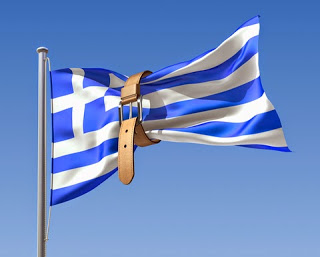It seems every one has reservations about the Greek proposals. However, the European Commission, the Eurogroup of finance ministers and the heads of state, including Merkel, seem somewhat more supportive than the ECB and IMF. National parliaments will likely grant their approval in the coming days. Â
The hardest sell may be in Greece itself. Prime Minister Tsipras has to temper his campaign promises. This cannot be totally unexpected. Support for Syriza was not just about the precise promises, but was also about its attitude. Assuming that Greece stays in EMU, as the vast majority of the voters desire, who would negotiate a better deal for Greece? The old elite represented by the duopoly of New Democracy and PASOK who have run Greece for a generation or the so-called radical left?Â

Nearly every investor, analyst and economic journalist has a view on deal that was worked out. The key to us is that a Grexit is off the table again. What was always the issue is what will Greece have to do to receive the next tranche of funding to keep its creditors whole. Rather than the Troika dictate its demands, the new Greek government has been given an opportunity to make their own concessions. Â
The IMF may have doubts over Greek’s proposals, recall that it was not persuaded by the previous government either. It has held back the 7.2 bln euro tranche since the middle of last year. Lagarde’s note makes it sound like Greece should not count on getting funds until the April review. Â
The IMF’s participation in the European debt crisis was controversial at the start. Reluctantly, European countries, including Germany relented. The IMF accounts for about a sixth of the aid programs. Greece owes the IMF about 1.5 bln euros next month. How will it come up with the funds? It seems likely to us that Greece will be allowed to issue for T-bills, but this has to be decided by the ECB. Â

